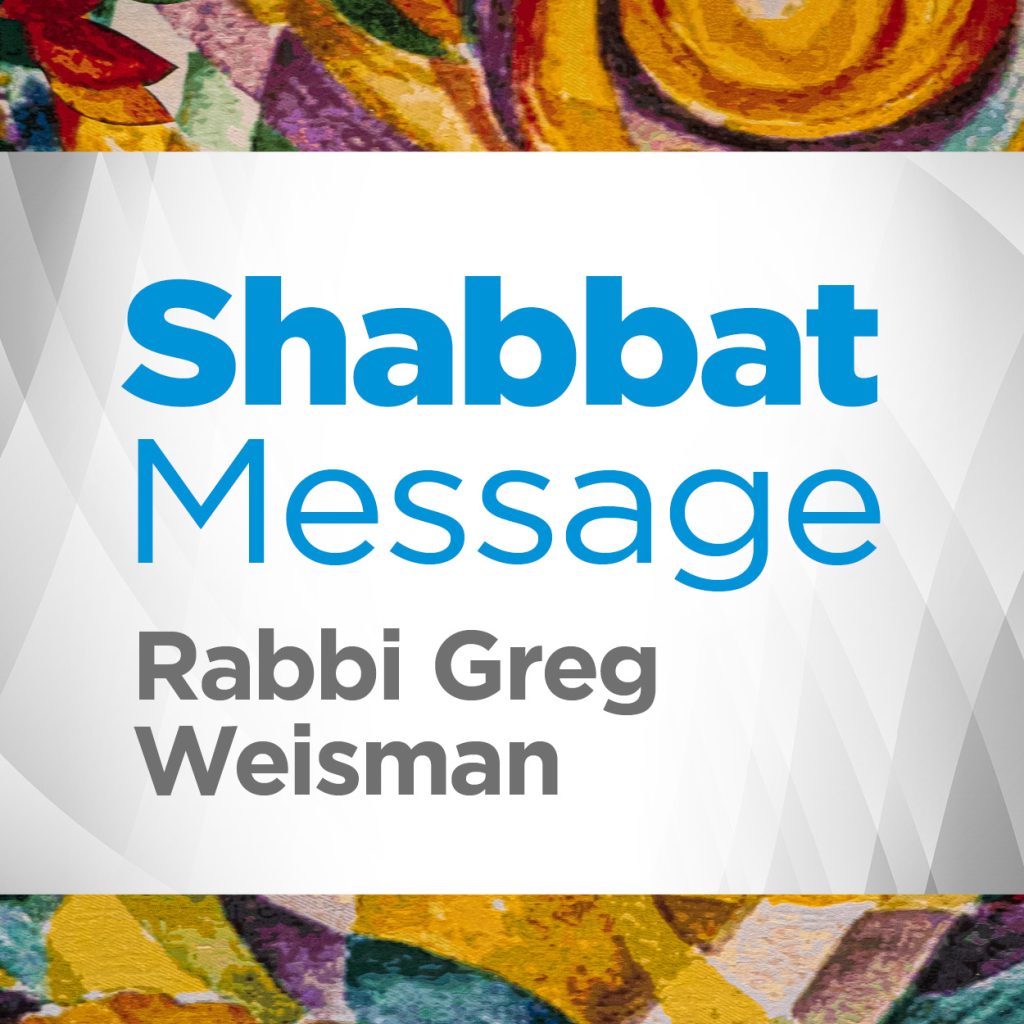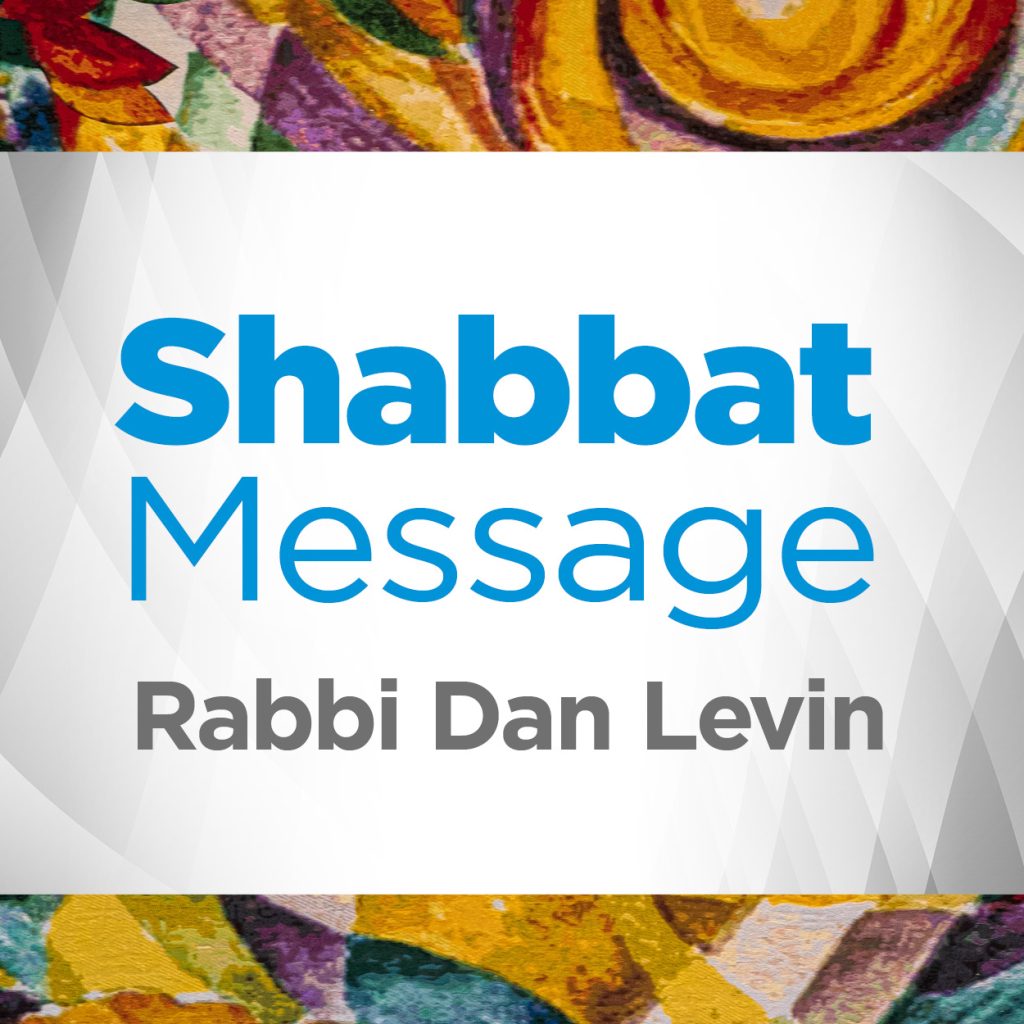Four hundred rabbis walk into a room…
That might sound like the beginning of a [bad] joke, but it’s actually something that happened this week, as the Central Conference of American Rabbis held its annual convention in Philadelphia. As a member of the CCAR, I had the opportunity to reconnect with colleagues and friends from around the world, especially the 19 Reform rabbis from Israel who joined us. CCAR Convention is a place for learning and professional development, and a chance to brainstorm and bounce ideas off each other as we consider how our communities can best face the challenges of the day. We discussed the war between Israel and Hamas, the rise of antisemitism and the seemingly increasing precariousness of being Jewish in America, and brainstormed ways we as rabbis can better meet the varying needs of our communities.
But yesterday morning, on the convention’s final day, we heard from Dr. Betsy Stone. Dr. Stone is a well-respected psychologist within the Jewish community, who shares her passion for wellness in her practice and her teachings. She led a session entitled “L’Dor VaDor- From Boomers to Gen Alpha,” a fascinating look at how Boomers, Gen X’ers, Millennials, and Gen Z are similar and different in their world views and their behaviors. Sitting in a room of colleagues who represented most of that time period, watching rabbis from different generations listen intently to their senior and junior colleagues explain how their generational outlook informs their rabbinate was inspiring.
In the middle of her presentation, Dr. Stone shared something that terrified and inspired me all at once. She noted that since the initiation of No Child Left Behind, a 2000s education policy that shifted the focus of school assessment from assessing individual students to assessing the teachers, an unfortunate outcome is that many teachers, in an understandable act of self-preservation, have focused intently on preparing their students to perform well on the assessments (thus preserving their job and their schools’ funding), sometimes known as “teaching to test.” The outcome, Dr. Stone shared, that education experts have seen is that while students are learning what the answers are, they are not being taught the deep-thinking skills to figure out the answers on their own. Put another way, we have stopped teaching critical thinking in the US.
In this week’s Torah portion, Pekudei, we read of the fashion of many of the items needed for the Mishkan, the tent in which the Israelites performed their worship of God. Included in them was the breastplate that the High Priest wore, adorned with twelve stones, each a different gem and each representing a different tribe. Rabbi Levi Yitzhak of Berditchev, a Chasidic teacher from the 1700s, taught that God mandated that the High Priest, who was chosen to stand out from the rest of the Israelites, wore the names of the rest of the Israelites on his chest as a reminder that they were just as loved by God as God loved the High Priest. In other words, there ought be No Israelite Left Behind when the High Priests serves the people.
At the same time, each Israelite is unique, and needs their own attention. Treating them all the same, or presuming that treating everyone the same would lead to a meaningful outcome is shortsighted and simplistic, especially when it comes to education. As my colleague Rabbi Craig Lewis wrote on this parsha, “Every student deserves to shine brightly,” so that we can see one another as “a shining array of precious individuals.”
That is the type of critical thinking that is so necessary, within education and as an outcome of our educational experiences. When Dr. Stone noted that we have lost our ability to teach critical thinking, I was terrified. But then she inspired me when she reminded us that, irrespective of what might be going on in public schools, Jewish tradition has always, and will always, teach critical thinking skills. Our study of Torah, our Talmudic debates, our contemporary wonderings about how to live a life full of meaning and purpose inspired by the teachings of our tradition, have sustained us L’Dor VaDor, from generation to generation. Now, more than ever, it seems, we need our tradition to offer us something that we cannot find elsewhere. We know how to polish and shine each person, each young learner, to help them find their potential, and our tradition and our community have always been committed to it.
More than the ritual sacrifices of the Mishkan, or our marking of holy time, or our commitment to tikkun olam, cherishing the next generation and ensuring they are in a position to be the strongest link in our chain of tradition has been our people’s work over these many centuries. And we won’t leave anyone behind.
Rabbi Greg Weisman










